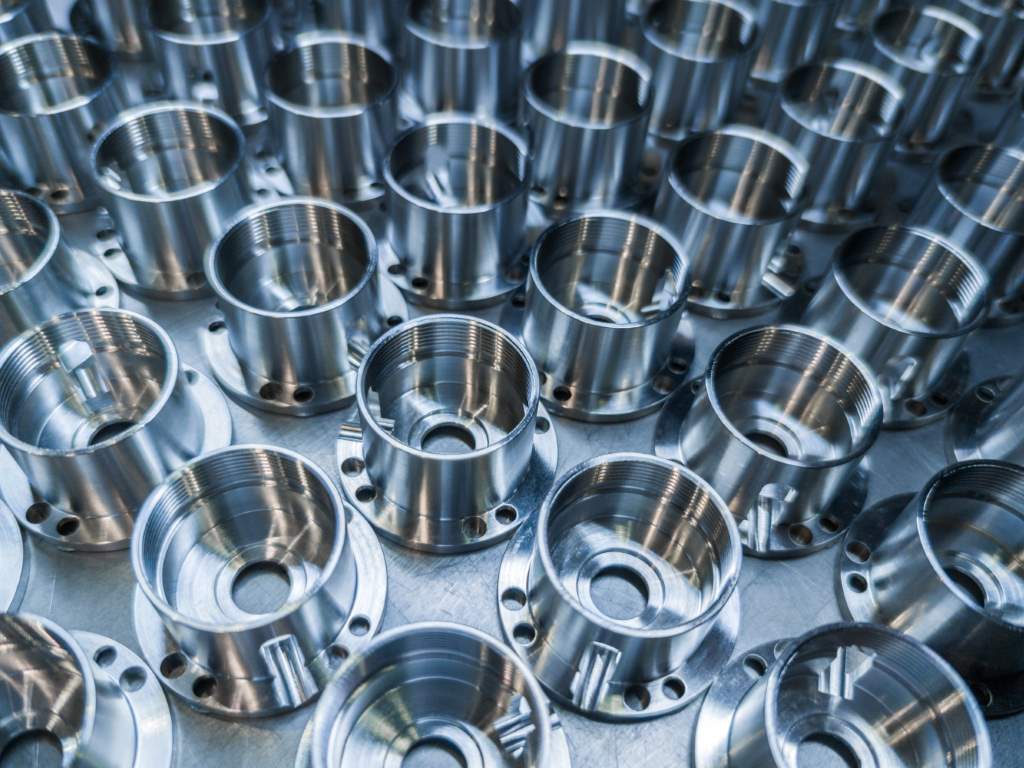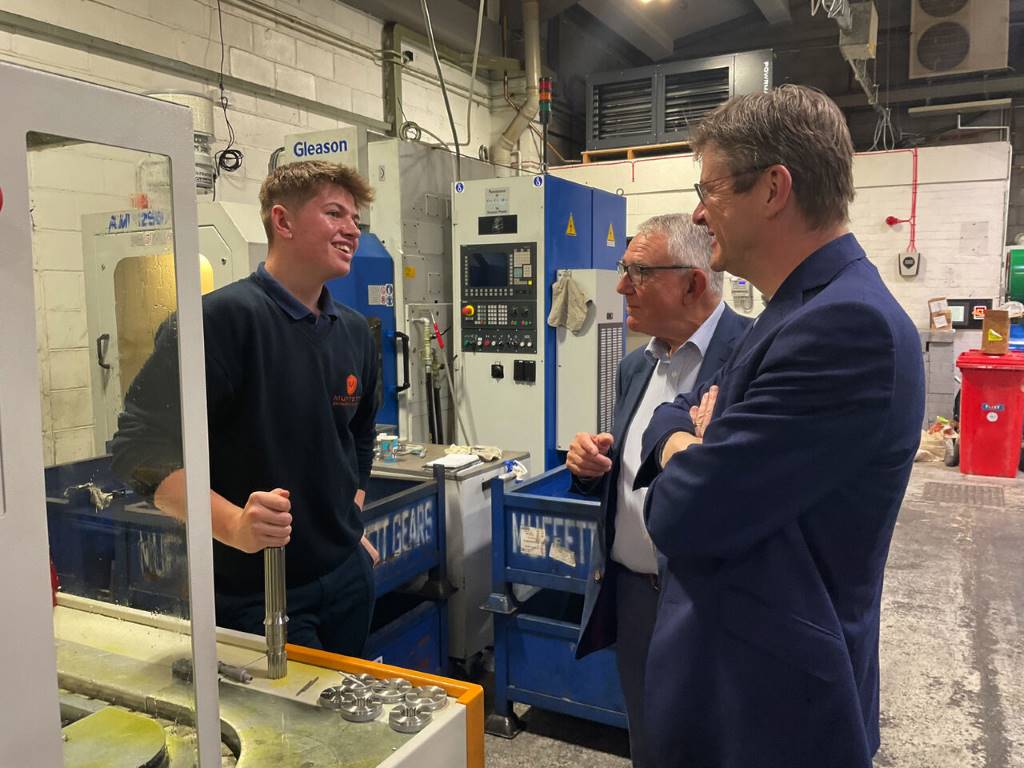Safe and sound

A leading lubricant manufacturer has created a patent-pending soluble metalworking fluid as a practical alternative to fluids which contain formalin donor biocides. As well as overcoming difficult legislative issues, the technology has been proven to increase tool life by up to one-and-a-half times.
Historically, the metalworking industry has relied on traditional formalin donor biocide technology to offer equipment the best possible sump life. Formaldehyde is a chemical compound which occurs naturally in the environment as a by-product of metabolic processes in humans, animals and through the natural decay process of plant species. It is even detectable in human breath at low levels.
For some time, formaldehyde itself has been classified as a category 1B carcinogen. New legislation now affects certain formalin donor biocides. Under the recent update to CLP regulation, ATP (Adaptation to Technical Progress, review May 4 2017), any product or treated article which contains certain formalin donor biocides (to protect the function of the product) will need to be labelled as a category 1B carcinogen. Under the changes planned to the labelling of certain chemicals, formalin donating agents have been re-classified according to their total potential to donate formaldehyde and not through actual measurement in use.
Examples of the biocides affected include methylene bis-morpholine (MBM) and methylene bis(5-methyloxazolidine) (MBO).
Changes to labelling are required to meet the new CLP (Classification, Labelling & Packaging) regulations adopted by the European Union. As a result, through no changes in product formulation, certain products will carry additional hazard labelling.
The deadline for biocide manufacturers to update their CLP Hazard labelling was December 1st 2018. Under the updated CLP labelling regulations, products containing more than 0.1% or 1,000 PPM (parts per million) of these formalin donor biocides (MBM and MBO) will carry the category 1B Hazard Identification.
Paul Tierney, technical product manager at Fuchs Lubricants says: “Fuchs Ecocool Ultra-Motive soluble metalworking fluid has been designed to address the future global environmental and health and safety requirements for water miscible metalworking fluids.
“The innovative platform chemistry has been developed to provide excellent levels of lubricity, cooling and corrosion protection whist being free of formalin-containing biocide, boron and other SVHC listed components.
“As a result, it is not affected by the new CLP labelling changes, and has an enviable position in the industry offering our most sustainable solution for the widest possible range of applications.”
In developing Ecocool Ultra-Motive, Fuchs’ chemists have successfully formulated a premium semi-synthetic soluble metalworking fluid, specifically designed to serve the demands encountered in the automotive industry. Performance has been proven over a wide variety of materials, including cast iron, stainless, Duplex and Super Duplex steels, along with the widely used automotive aluminium alloys.
Mr Tierney adds: “The product has been benchmarked against many competitors and customers have reported up to 43% reduction in tooling costs when using the latest Ecocool ‘Global’ platform with existing tooling. Greater savings can be realised when tools are optimised for the process. In tooling studies, tool life increases of up to 150% have been recorded.

“In the Fuchs UK R&D laboratory, cutting speeds have been increased to provide real benefits in productivity whilst maintaining excellent tool life. The rate of metal removal can also be increased. Results have indicated a 16% increase in cutting speed is possible when matching the tool life of our previous product – Fuchs Ecocool Ultralife A.”
High lubricity is vital to extend tool life. When determining the lubricity of a coolant under laboratory conditions, a special Tapping-Torque Test is performed. For the evaluation of lubricity performance, fluids with lower observed torque values lubricate better than fluids with higher observed values.
The product is designed for use in both hard and soft water with a wide range of materials allowing effective product rationalisation and a reduction in complexity for all automotive industries and associated manufacturing.
“Since its launch, customers have reported tool cost savings, improved cleanliness, excellent sump life and greatly improved foam suppression during high pressure machining,” Mr Tierney enthuses. “This ability to counteract foam formation has been vital in securing accounts where problematic machining processes placed extra demands on coolant management.”
Fuchs Ecocool Ultra-Motive contains a lubricity package that makes it especially effective for stainless steel, aluminium and hard alloy machining. Stainless steel milling and drilling applications are said to show dramatic improvements in tool life and surface finish.
It employs raw materials that are intrinsically robust and provide long sump life. The emulsification system produces a tight stable emulsion that effectively tolerates tramp oils without producing sticky deposits or residues. It is part of the Fuchs Ecocool Global family of products which address metalworking in aerospace and other specialist applications.
Fuchs www.fuchs.com/uk













